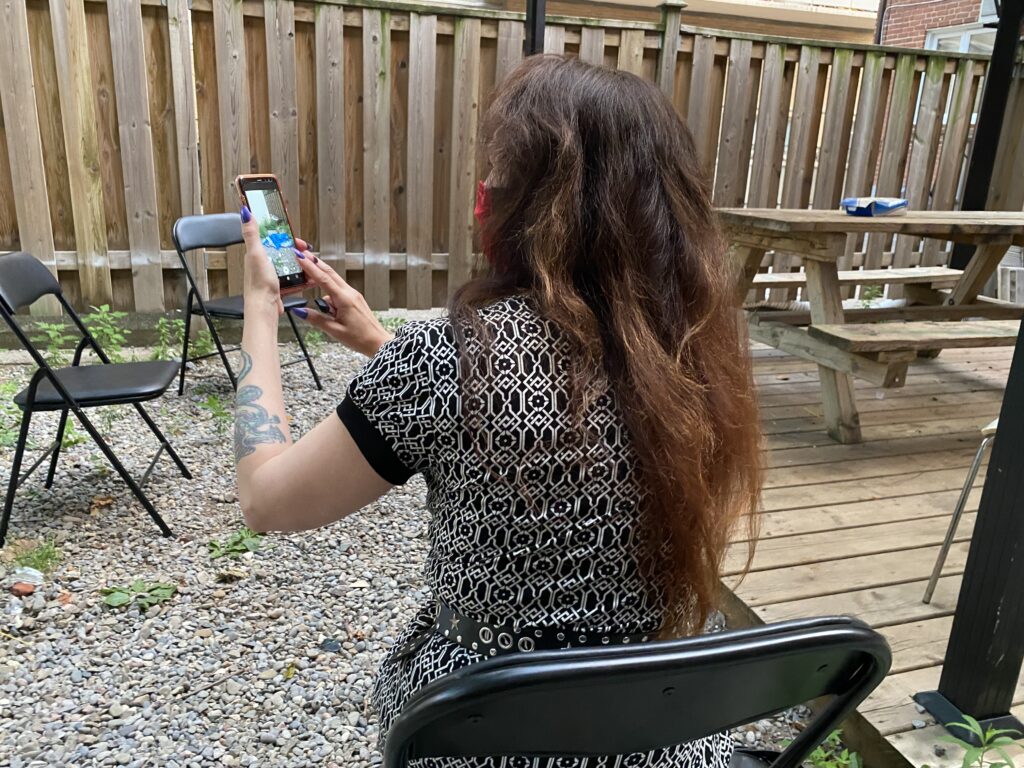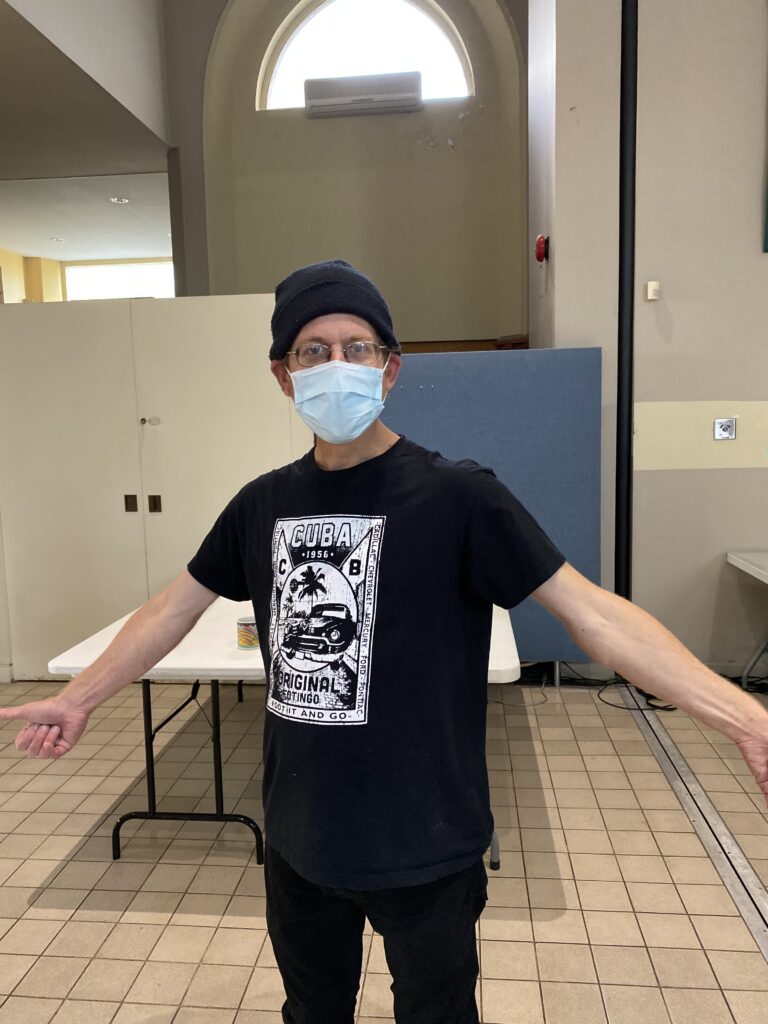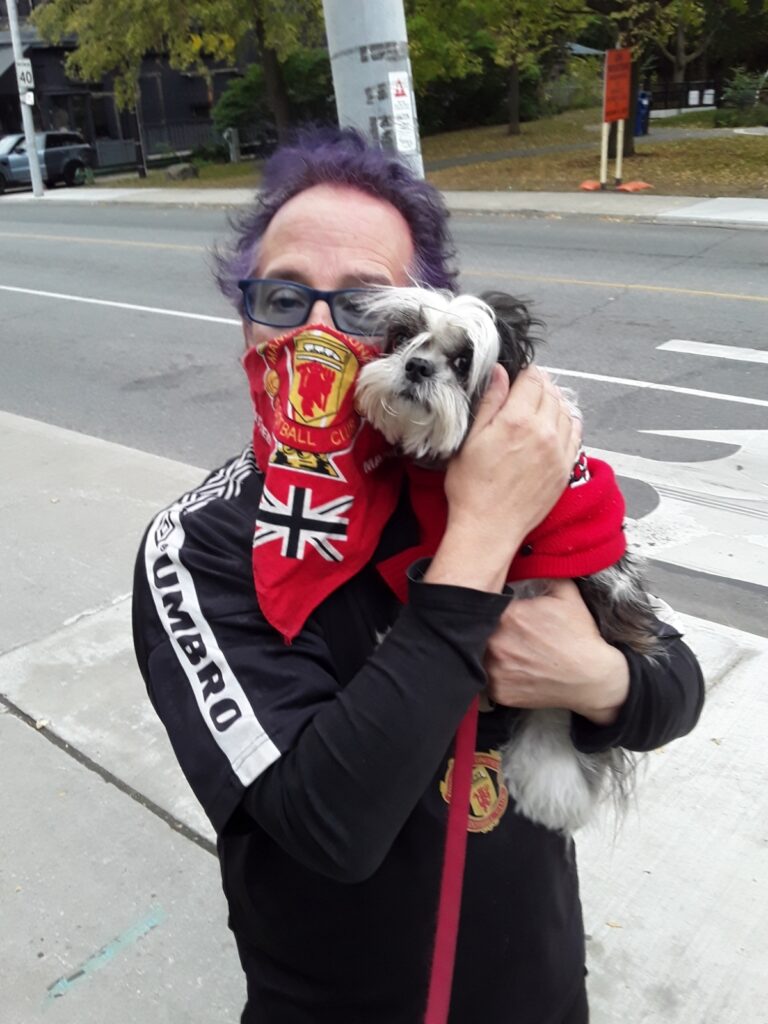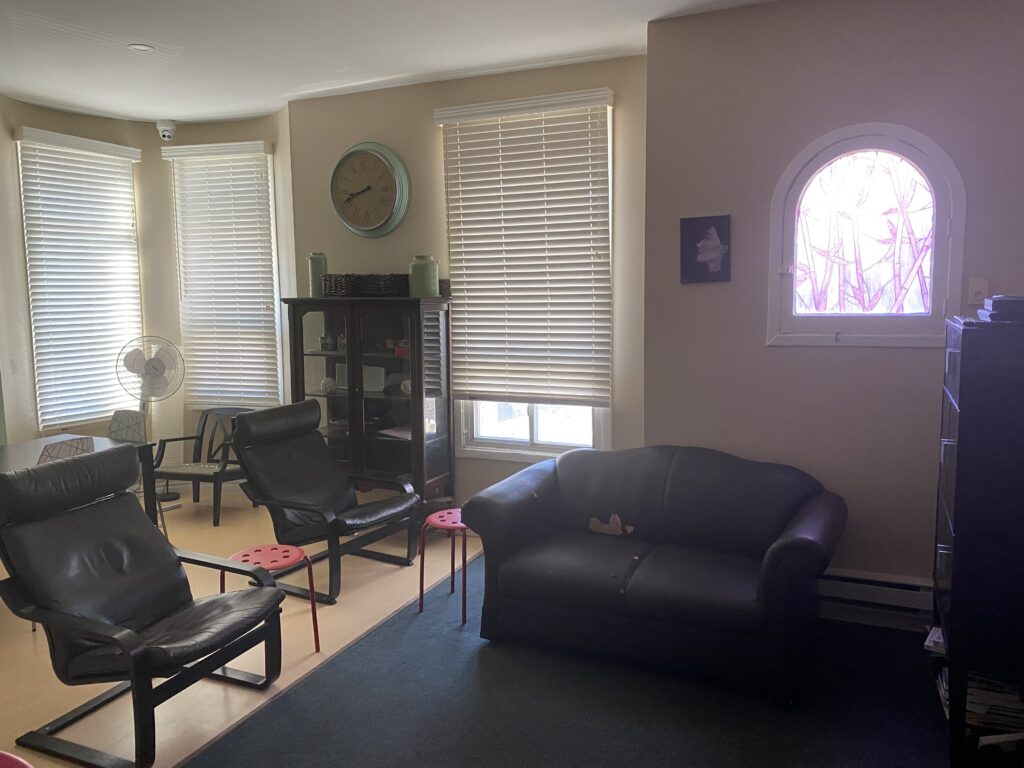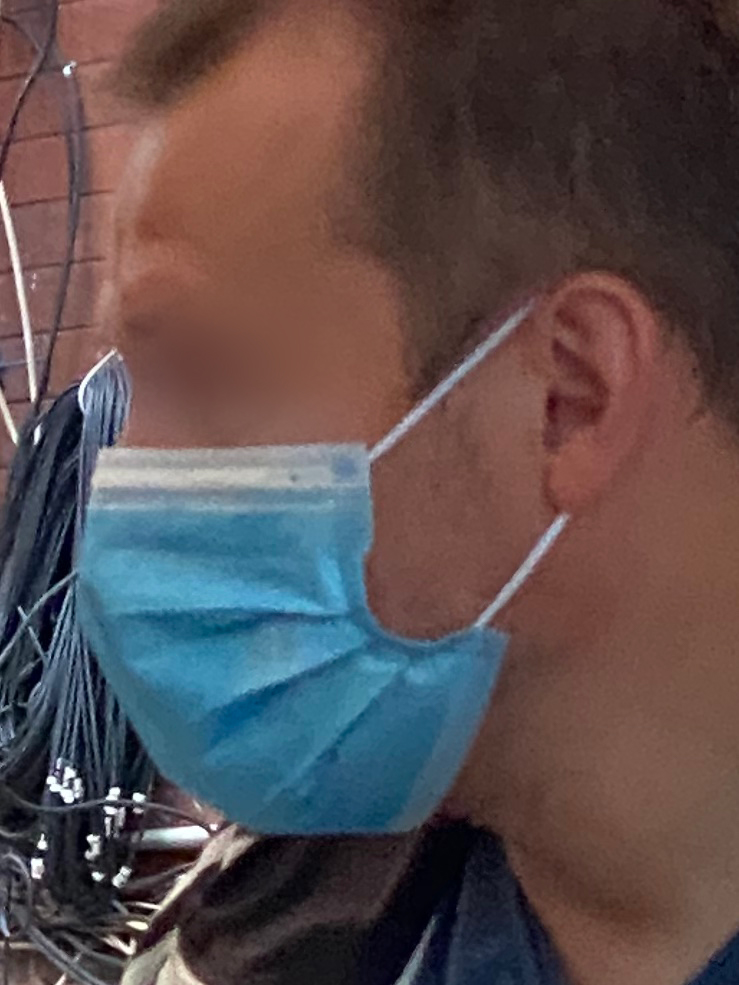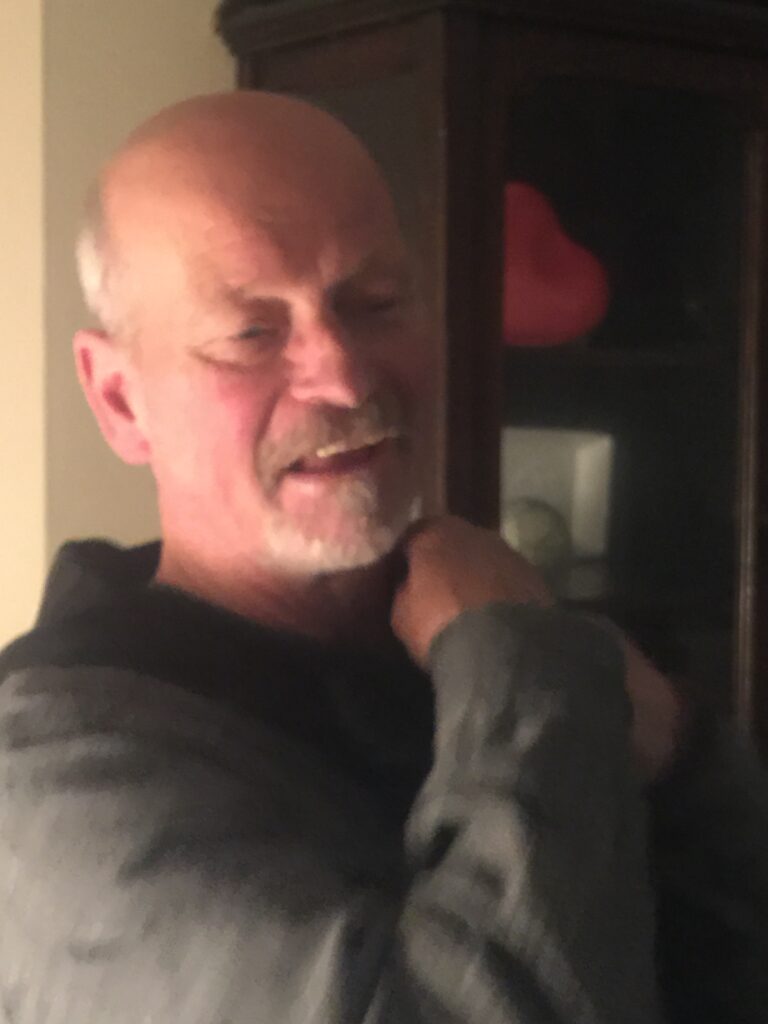By Alina Snisarenko
The rumbling of traffic on the busy intersection of Bloor and Spadina is muffled as David Shinwell and Elliott Shulman sit down for coffee at a Second Cup. Amidst the paper-shredding whistle of milk steaming behind the espresso bar and soft chatter floating through the cafe, Shinwell raises the question Shulman is already expecting:
“How did you end up at a food bank?”
Shinwell had heard Shulman’s story from other family members; his addiction to cocaine, his struggles with mental health — “the monster stories,” as Shulman calls them. But this time, he tells his cousin about his journey to recovery.
Shinwell stills. “If you can overcome something like that, with a bit of confidence, you can overcome and do anything,” he ascertains.
Those fateful string of words spoken over a shared cup of coffee two years ago created The Guild of the Next Step, a non-profit organization focused on peer-to-peer mentorship and helping survivors of trauma lead independent, fulfilling lives. A clever allusion to its medieval denotation, The Guild of the Next Step is an emblem of a unique, de-structured approach that helps those in recovery reach personal goals. With around 20 regular members, the organization has reached a total of 60-100 people despite COVID-19 and initial difficulties with finding a meeting space.
Every Wednesday night, a cobalt Zoom link stands out amidst the black typeface of an email invite: Thursdays, 7:00 p.m. – 8:00 p.m. These are the only structural points of a Guild meeting.
If you arrive early, you’ll catch Shulman sitting in front of the lapis hue of some string lights and a variety of artwork he’s acquired over the years, some gifted to him by friends. Two particular paintings are embellished with purple brushstrokes, the colours similar to his violet-tinted hair. Sometimes, he’ll don a silver ring on his little finger.
“With a bit of confidence, you can overcome and do anything.”
David Shinwell
Before The Guild of the Next Step officially formed, Shulman and its first few members converged at Walmer Road Food Bank. He met a recipient there who had difficulty concentrating on their conversations, but when it came to artisan crafts, “the guy was a prodigy,” Shulman recalls. Shulman’s ring, engraved with a Chinese medicine wheel some would mistake for a pentagram, was made by a food bank recipient who could earn a living from his craft. While Shinwell’s string of words set The Guild of the Next Step into motion, a meticulously crafted silver ring was the seed that planted the idea of organizing a space that helps build confidence in one’s capabilities. Even the ring’s engraving pays homage to the non-profit’s holistic approach.
Waiting for other members to show up on Zoom, Tammy Lome throws around some banter with Shulman. She met Shulman through Avenue Road Food Bank, which helps her non-profit organization, Project Outreach, provide meals and food for the vulnerable. The Guild of the Next Step places a large emphasis on giving back to the community, and Avenue Road connects members with volunteer work, boosting both their confidence and resumes in the process.
More screens pop up; a man clad in a band tee, a newcomer attending their first ever Guild meet. Some choose to keep their camera on, some don’t. There is no requirement to show your face. Unlike many support programs, you don’t have to speak if you don’t want to.
Laughter bounces across headphones amidst cheeky one-liners and facetious punchlines. A member mentions that the meeting feels like a radio broadcast, citing The Howard Stern Show. Regardless of what these individuals have faced, they’re all present. None of them share the same story, but they all have a willingness to help each other.
Ironically, the de-structured structure of The Guild of the Next Step is its allure. The absence of a crystal-clear plan allows the grassroots organization to be organically moulded into a resource that simply works, no initial funding needed.
“De-structured is a good word,” says Lome, alluding to The Guild of the Next Step’s open-ended, holistic way of evolving. “Structure is easier, but that doesn’t make it more effective.”
As she laughs at a joke Shulman cracks, her personal story is one she feels is important to share. When she was young, she had been housing insecure and struggled with addiction.
“There’s grace to be found in helping people who have the same struggles that you’ve had,” she explains. Her sentiment is mirrored by The Guild of the Next Step’s purpose: build people up through a collective understanding of what it means to struggle.
When the laughter recedes, a member shows off their potted plant — a new hobby they had taken to during the pandemic. Another talks about their work day. The peer-to-peer approach starts to work; one by one members open up and talk, checking up on each other without a single nudge to do so.
“Many people of The Guild never had an opportunity to sit around a table and talk to anyone,” Shulman explains. “There were people that never had a family meal around the table where they could just talk about their day.”
“There’s grace to be found in helping people who have the same struggles that you’ve had.”
Tammy Lome
According to Christina Mutschler, a PhD candidate in clinical psychology at Ryerson University, a peer-to-peer approach can help focus on aspects of recovery outside of symptom reduction.
“Peer support approaches allow for individuals to build a sense of belonging and community with others who have had similar experiences,” Mutschler explains. “This allows for continued community integration as peers begin to find their own places within the world.”
During the weekly meetings Shulman doesn’t like to view himself as a leader, yet his relaxed approach laden with subtle passion is infectious. It’s what drives members to talk about their day without instruction, their smiles thrown around more freely as the minutes tick by.
“Elliott, really, is the heartbeat of this organization,” says Shinwell, a business professor at Humber College and co-founder of The Guild of the Next Step. In a similar humble nature, Shinwell — who manages the administrative aspects of the organization — felt that his title may be misleading given Shulman’s dedicated role in daily operations.
A comfortable silence blankets the audio input. A member suggests that next week they can share something positive they’ve done with their day. The hour is up.
A week later when I meet with Shulman, he’s grinning.
“No one’s done it this way. I was afraid it wouldn’t work,” Shulman says, referencing the peer-to-peer approach over Zoom. The Guild of the Next Step’s de-structured support network had challenged the eligibility checklist typical of recovery programs. Everyone was a survivor of trauma and came from all walks of life. That was enough. Shulman’s eyes hold a determined gaze.
“But it’s going to work — it will work.”
Correction: An earlier version of this story referred to The Guild of the Next Step as The Guild. The non-profit’s full name is The Guild of the Next Step and has been corrected.

